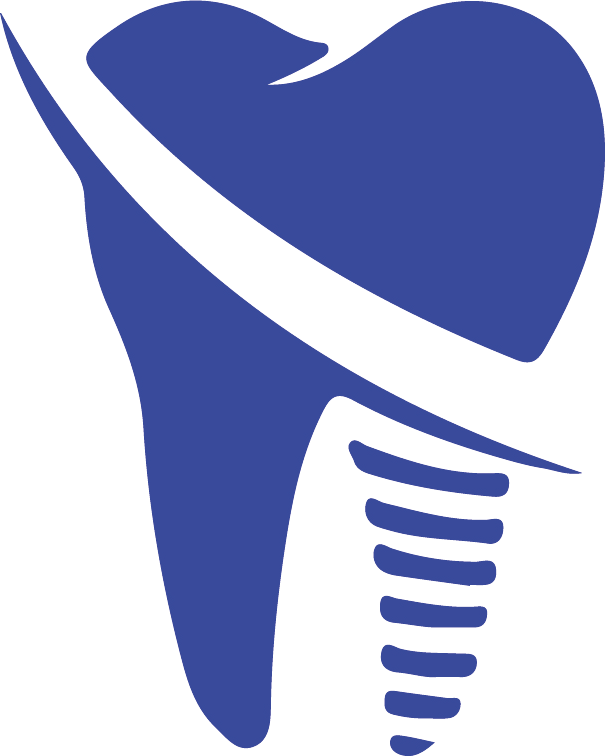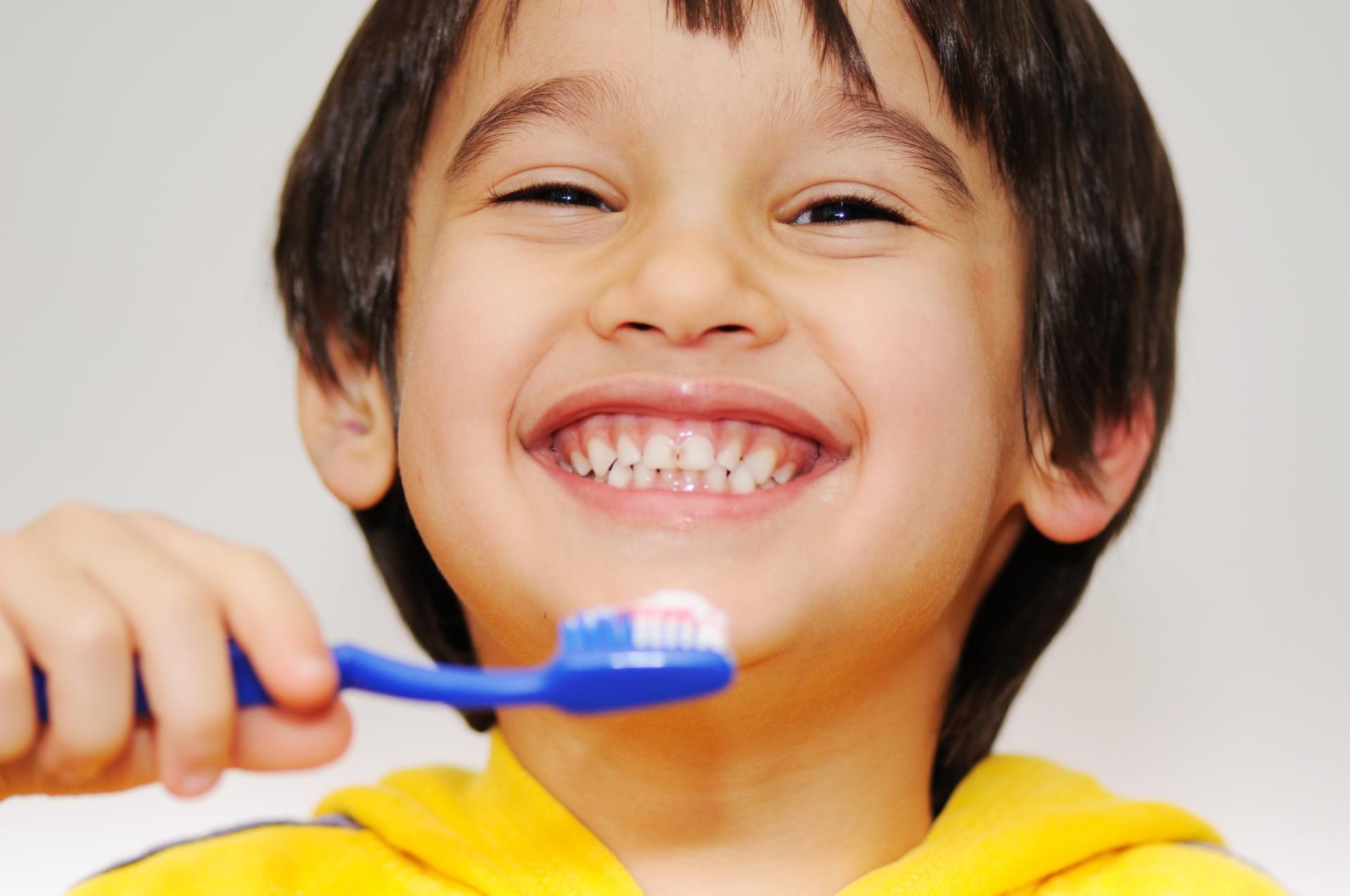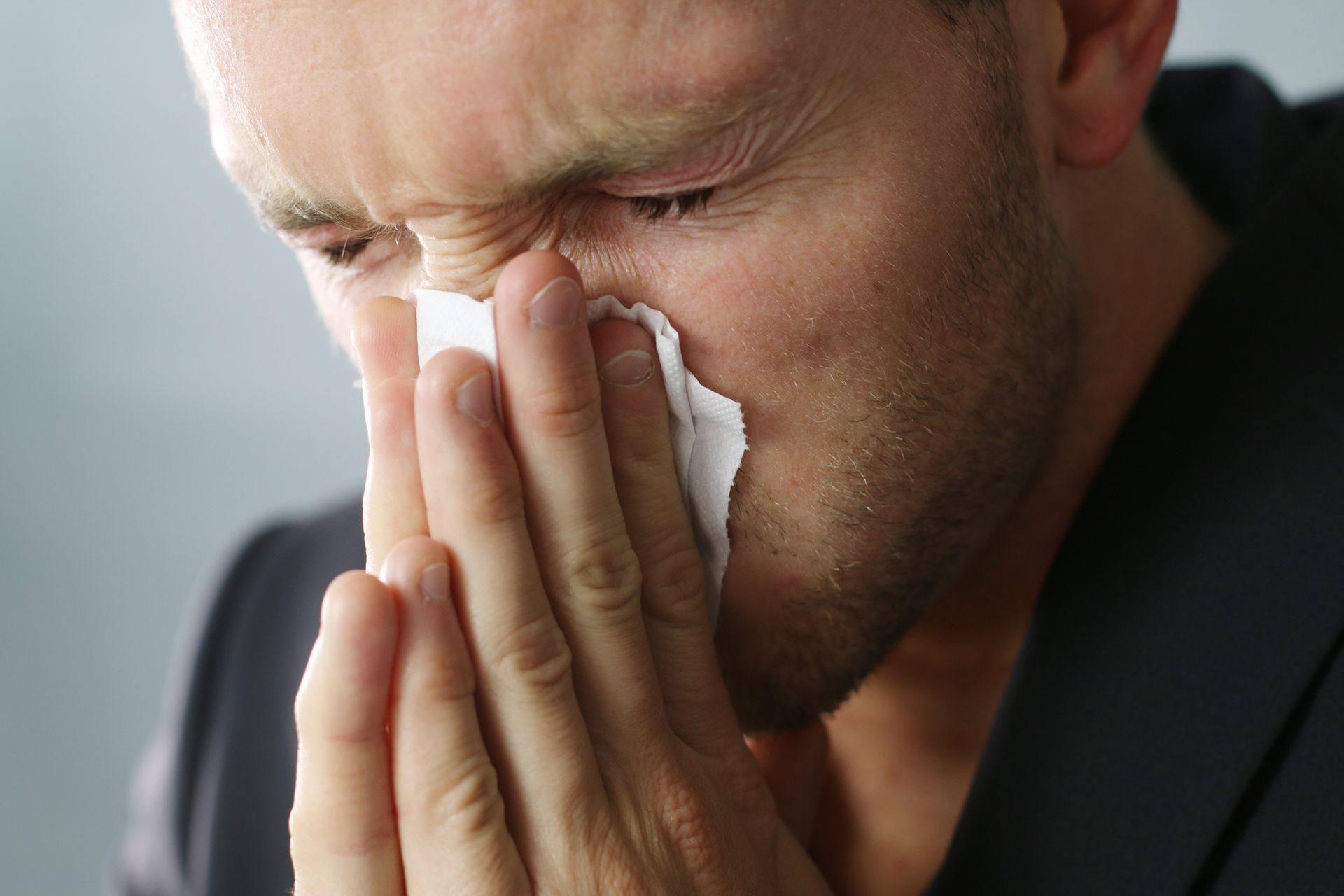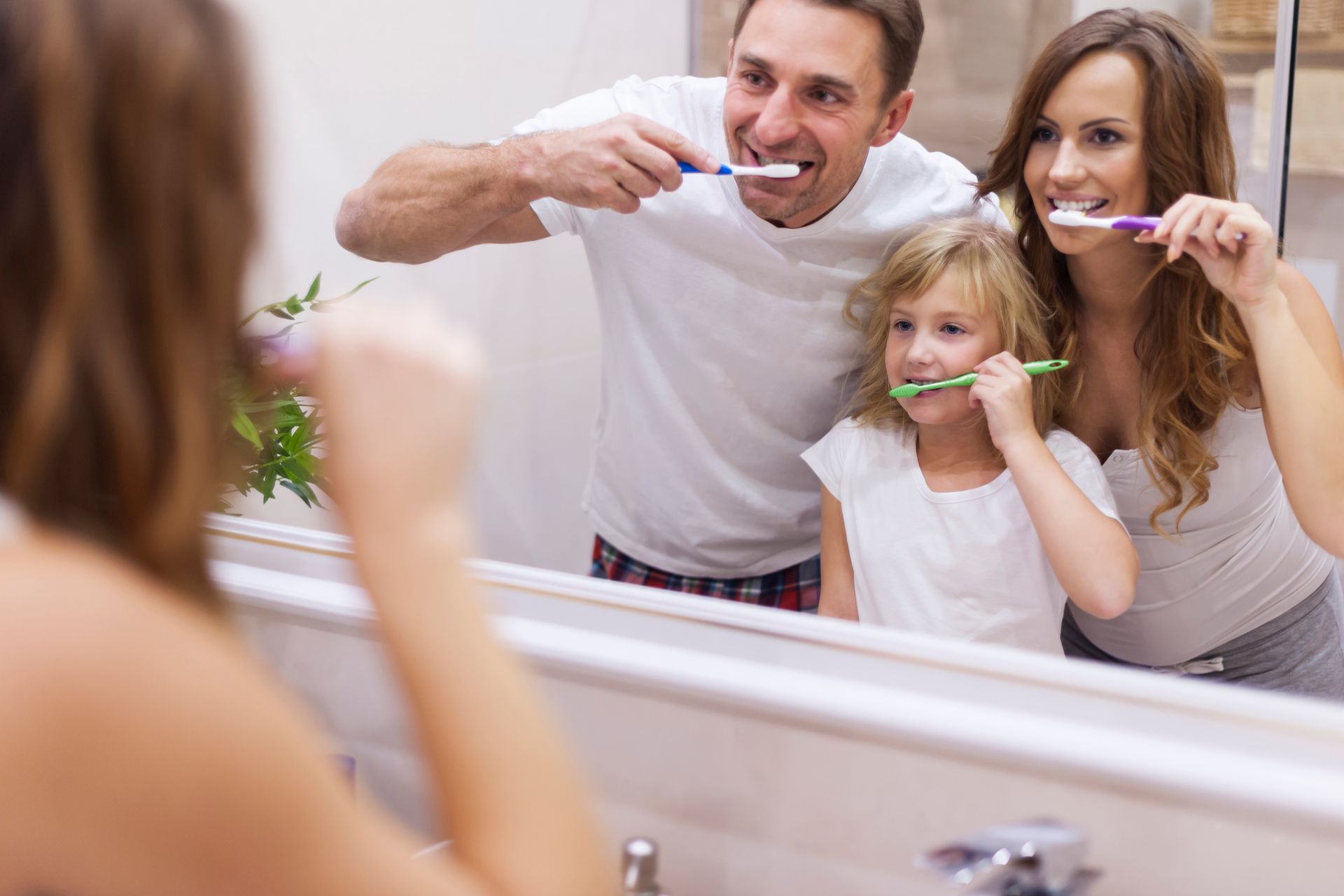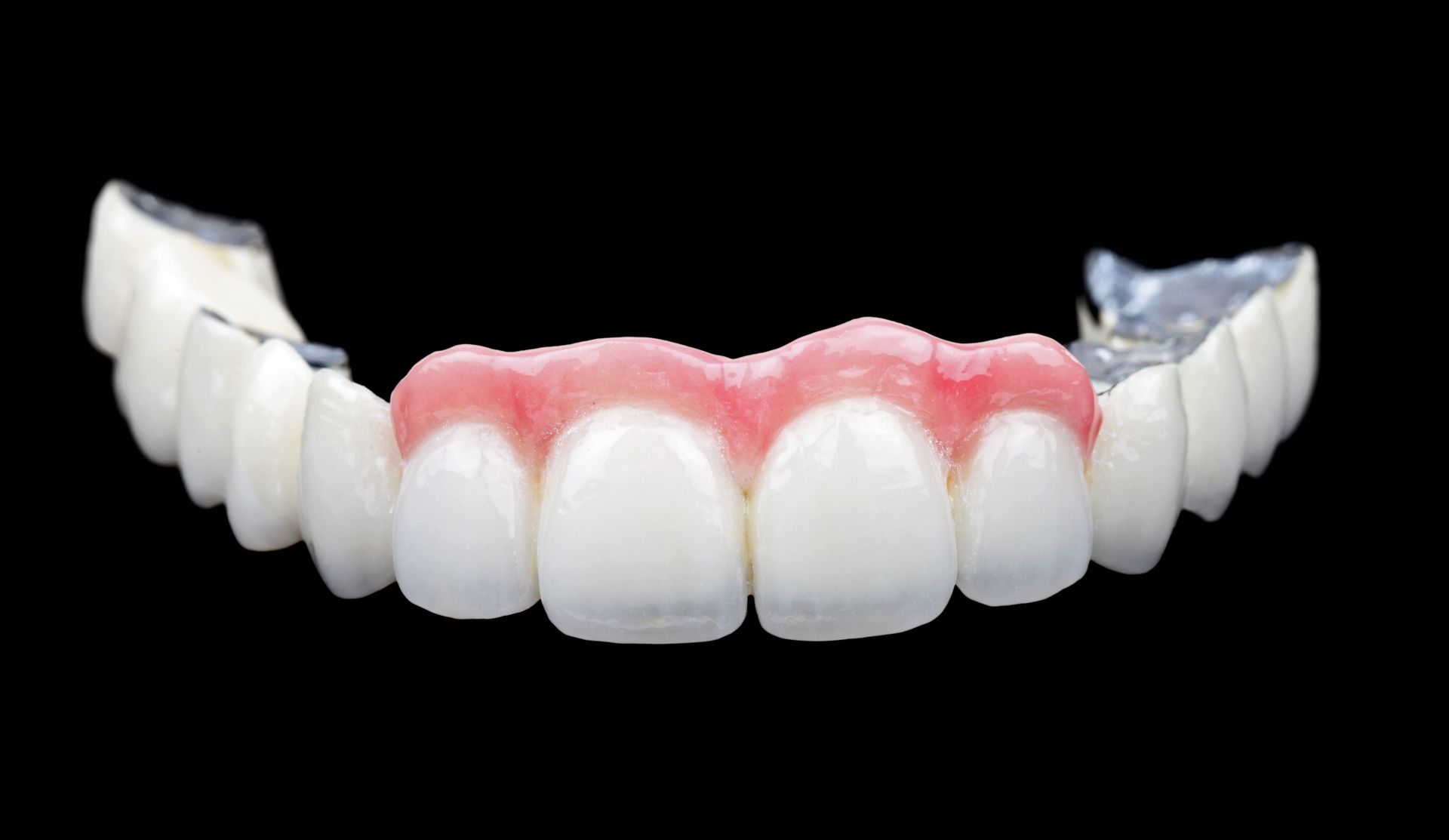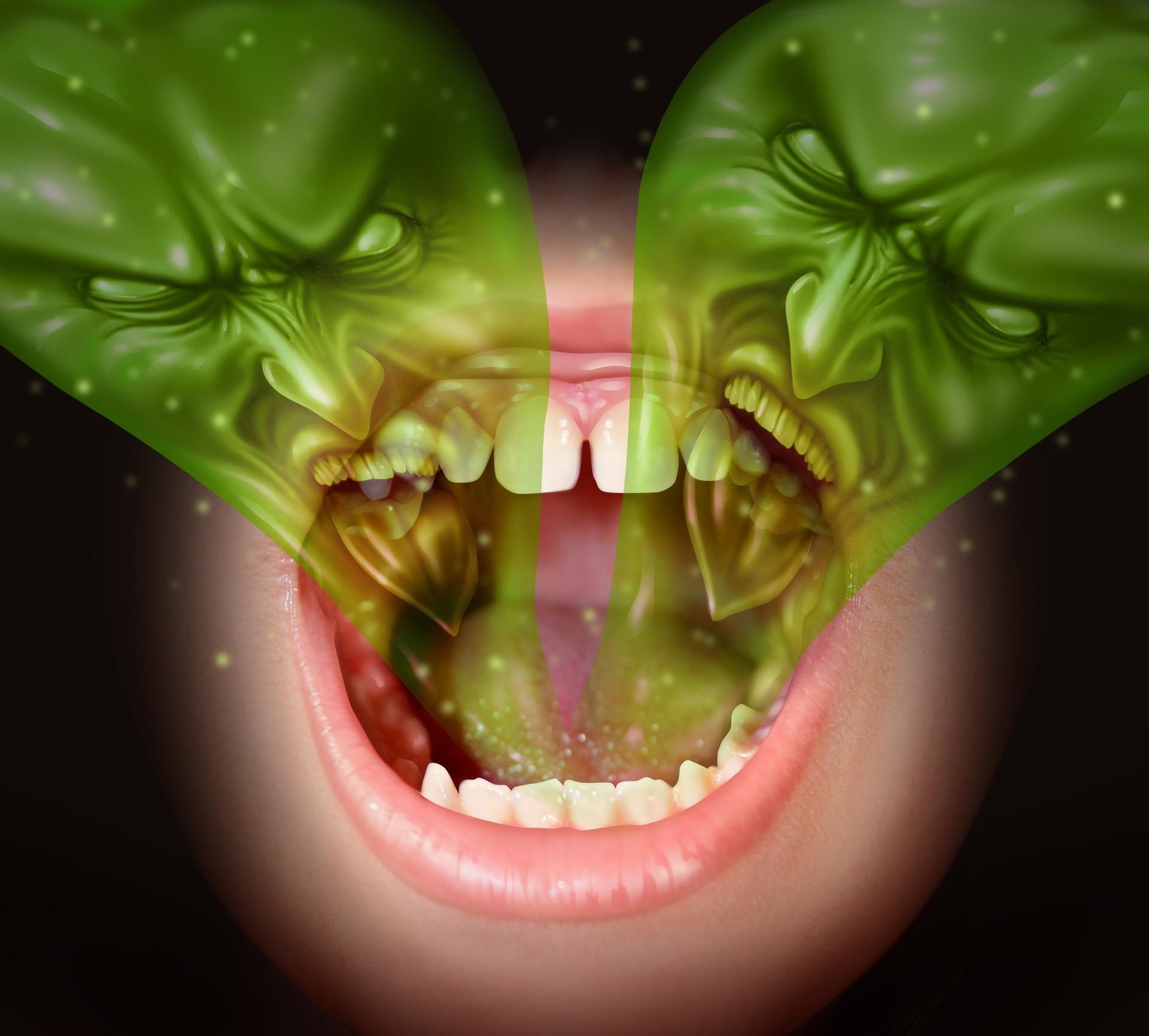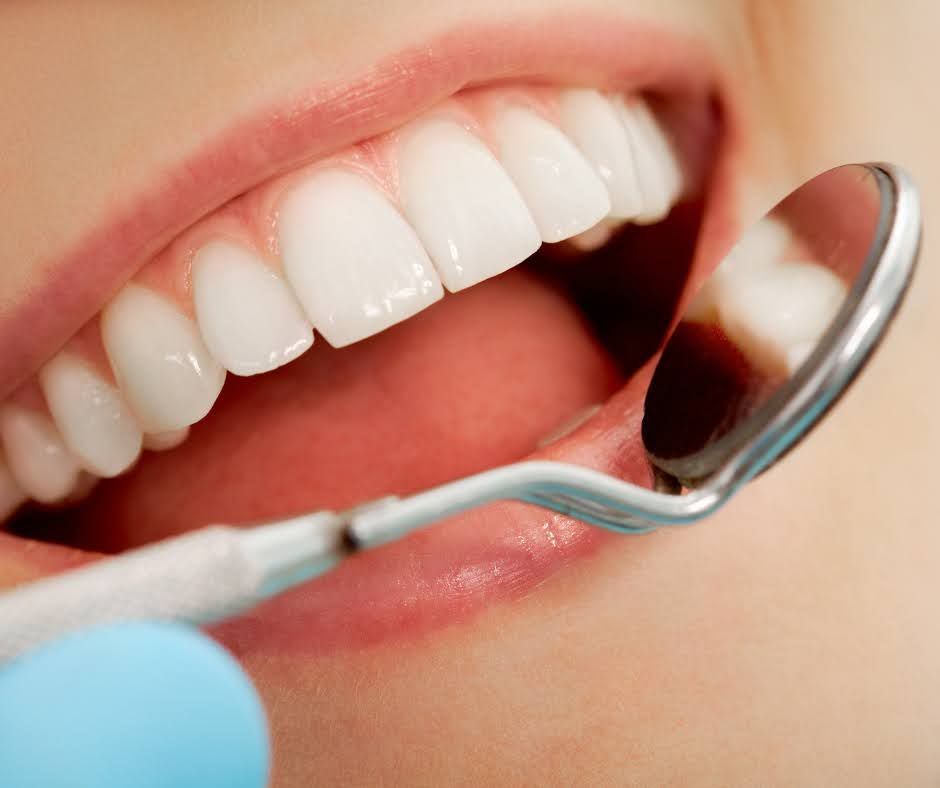DO YOU CLEAN TEETH PROPERLY? BLUNDERS TO AVOID
Brushing your teeth regularly helps maintain your oral health. Since this routine is taught to everyone at a young age, it often doesn't take much thought. For most people, this is about putting some toothpaste on a brush, cleaning the teeth, and rinsing. However, people make numerous mistakes that can affect the effectiveness of this daily oral care process.
If you don't brush properly, food particles and plaque will accumulate and form a sticky layer on the teeth, which contains bacteria. When you eat anything sugary, the bacteria in your mouth will produce acidic elements that erode the enamel, causing cavity problems in the long run. Excess plaque also hardens into tartar.
If you want to brush your teeth each day appropriately, discover common blunders you shouldn't make.
Don't Use the Wrong Technique
This major mistake can cause many people to struggle with gum disease and cavities. To avoid these issues, make small circles as you brush, but not from one side to another. This brushing technique cleans teeth effectively and ensures the gums and enamel remain intact. So, if you use the side-to-side motion, change right away to avoid damage to your teeth or gum.
Don't Use a Brush for Less Than Two Minutes
Whenever you rush to start your day or get to sleep, you may not brush your teeth for as long as necessary. But you should clean your teeth for about two minutes. Unfortunately, most individuals only brush for a few seconds, which doesn't give fluoride adequate time to protect the teeth as it's supposed to do.
Also, brushing for just a few seconds can cause you to neglect other parts of the mouth. For instance, you may focus more on the front teeth and overlook the back teeth. Therefore, brush for longer — consider using a stopwatch or phone timer to ensure you get to the two-minute mark.
Don't Use an Inappropriate Toothpaste
As you shop for toothpaste, you'll notice various brands, and picking the right one might not be easy. Most of the additional features in most brands can affect oral health. For instance, the added textures and elements meant to whiten the teeth may affect the enamel.
Choose a more natural toothpaste or one with less abrasive textures for better results. Your dentist can also recommend the best one, so don't hesitate to ask if you need a professional recommendation.
Don't Use Water to Rinse Your Mouth After Brushing
Most people like using water to rinse out their mouths to eliminate the toothpaste aftertaste. However, this prevents the paste from functioning. The water can dilute fluoride that you evenly distributed throughout the mouth and will not work meticulously. Rather than rinsing with water, use a good mouthwash. Also, avoid using water after you rinse with the mouthwash.
Don't Use a Brush for a Long Time
Since you need to brush your teeth two times a day, the bristles will not function efficiently for too long. If used for a long time, the strands will appear frayed and won't remove food elements and bacteria as effectively as they did. To ensure you don't have a food particle and bacteria accumulation issue, change the brush after a few months.
Don't Use a Hard Brush
A misconception exists that the firmness of the brush is what cleans the teeth thoroughly, but that's not true. The motion you make while brushing determines if your teeth will be clean or not. So, avoid a toothbrush with hard bristles because this can lead to gum tissue and enamel loss.
If you have made these mistakes during your daily oral care routine, make some changes. At Carlino & Paton, DDS PC, we can share more tips to help you brush your teeth correctly and avoid dental problems.
Contact us today for more details or to book an appointment with our competent dentists.
Contact Information
Address: 51190 D W Seaton Drive New Baltimore, MI 48047
Phone: 586-725-9898
Fax: 586-725-4470
Business Hours
Monday: 9:30 am - 6:00 pm
Tuesday: 9:00 am - 6:00 pm
Wednesday: 9:00 am - 6:00 pm
Thursday: 8:30 am - 6:00 pm
Friday: 8:30 am - 12:30 pm
Saturday: 9:00 am - 2:00 pm
Open One Saturday a Month
Contact Information
Address: 51190 D W Seaton Drive New Baltimore, MI 48047
Phone: 586-725-9898
Fax: 586-725-4470
Business Hours
Monday: 9:30 am - 6:00 pm
Tuesday: 9:00 am - 6:00 pm
Wednesday: 9:00 am - 6:00 pm
Thursday: 8:30 am - 6:00 pm
Friday: 8:30 am - 12:30 pm
Closed Saturday and Sunday
